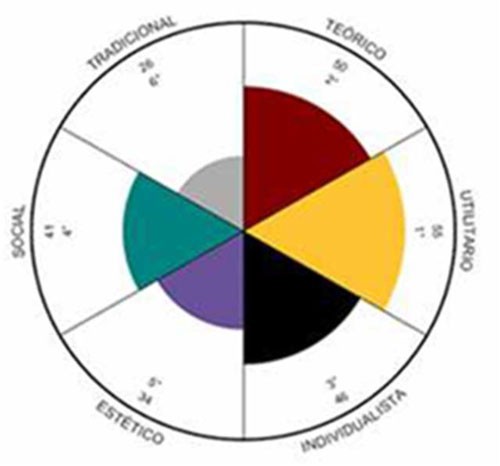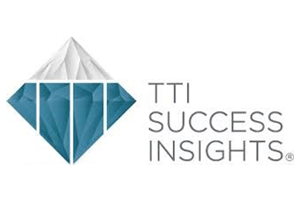TTI Success Insights
DISC - The Universal Language of Observable Behavior
It is a method of knowing and classifying people’s work behavior and its relationship with the roles they play or may play.
It explains the preferences that people have to communicate, make decisions, manage, lead, address challenges and, in general, those “soft skills” that generate successful work results.
The DISC Method is one of the most used, recognized and effective ways in the world to accurately determine the behavioral style of people. Through a basic matrix of four fundamental factors, the TTI Success Insights expert systems, with which style is evaluated, are capable of generating more than 19,000 possible combinations, which provide detailed and accurate reports of a person’s behavioral characteristics.
The DISC is a universal, neutral and silent language that provides a vision of a person’s observable behavior style by evaluating the combination of 4 key factors in their style. All people share four styles in different degrees of intensity.
D DOMINANCE/ How you respond to problems and challenges. Behavior oriented to action, to the rapid solution of problems, to making
decisions and risk taking.
I INFLUENCE/ How you convince others of your point of view. Behavior oriented towards people, interaction, interpersonal relationships,
use of persuasion and influence.
S STABILITY/ How you respond to the rhythm of the environment. Conduct oriented to methods, to maintain balance, harmony and the “status quo”
en un ambiente seguro.
C COMPLIANCE/ How you respond to procedures and rules established by others. Conduct oriented to explanation, to the investigation of data and information, to the quality of one’s own performance and that of others.

Behaviors have two categories: natural style and adapted style.
Natural behaviors are what a person displays most of the time when in a relaxed environment.
Adaptive behaviors, on the other hand, are those you display when you consciously alter your behavior to better fit a specific situation, such as in your workplace, or to achieve a specific result.
The more a person adapts their behavior, the more difficult it will be for them to maintain a good level of energy doing what they do.
The DISC is something observable, so it is relatively easy to identify traits that denote a person’s primary behavioral style. Sometimes a couple of words, a few gestures, the way you write or the way you walk are enough to describe a person’s DISC profile effectively.
Motivators
Knowledge of an individual’s motivators helps to understand why they do things.
The Motivation and Personal Engagement Report measures six basic or motivating interests (a way of valuing life):
- Theoretical
- Utilitary
- Aesthetic
- Social
- Individualistic
- Traditional
With this science of Talent Insights we can identify what motivates the behavior of this individual.

Motivators are the preferences that drive a person to action and influence their positive or negative response to the stimuli they perceive in the environment.
The concept of Motivators may be simple, however their benefits are invaluable, improving the clarity of the role played and the commitment level, reducing stress, enhancing interpersonal relationships improving performance, opening with this a world of new possibilities of potential and satisfaction both personally and professionally.
The Motivators Model makes it possible to identify what moves a person to action and what he considers important, in order to determine what he will prefer or what he will avoid in the environment where he works or interacts.
Thanks to this science we can detect, prevent and manage interpersonal conflicts.
Likewise, people may delve into the self-knowledge, thus understanding the compatibility of a person with their environment or role, and, in this way, reduce staff turnover and increase the sense of belonging, as well as the “energization” of work teams to achieve common goals.
The TTISI MOTIVATORS assessment is inspired by the research of Dr. Eduard Spranger and measures and prioritizes 6 factors, through which it is possible to help people and organizations achieve their goals.
EQ - Emotional Intelligence
Emotional intelligence is the ability to recognize, understand, and manage your own emotions, as well as those of others. An emotionally intelligent person is self-aware and has the ability to tune into other people’s feelings.

Emotional intelligence revolves around emotional awareness: the ability to identify and name emotions, both your own and those of others. The trick to mastering emotional intelligence is learning to build awareness so that over time you gradually become more and more emotionally intelligent.
The four essential elements of emotional intelligence are:
- Self-awareness
- Self management
- Social awareness
- Relationship management

